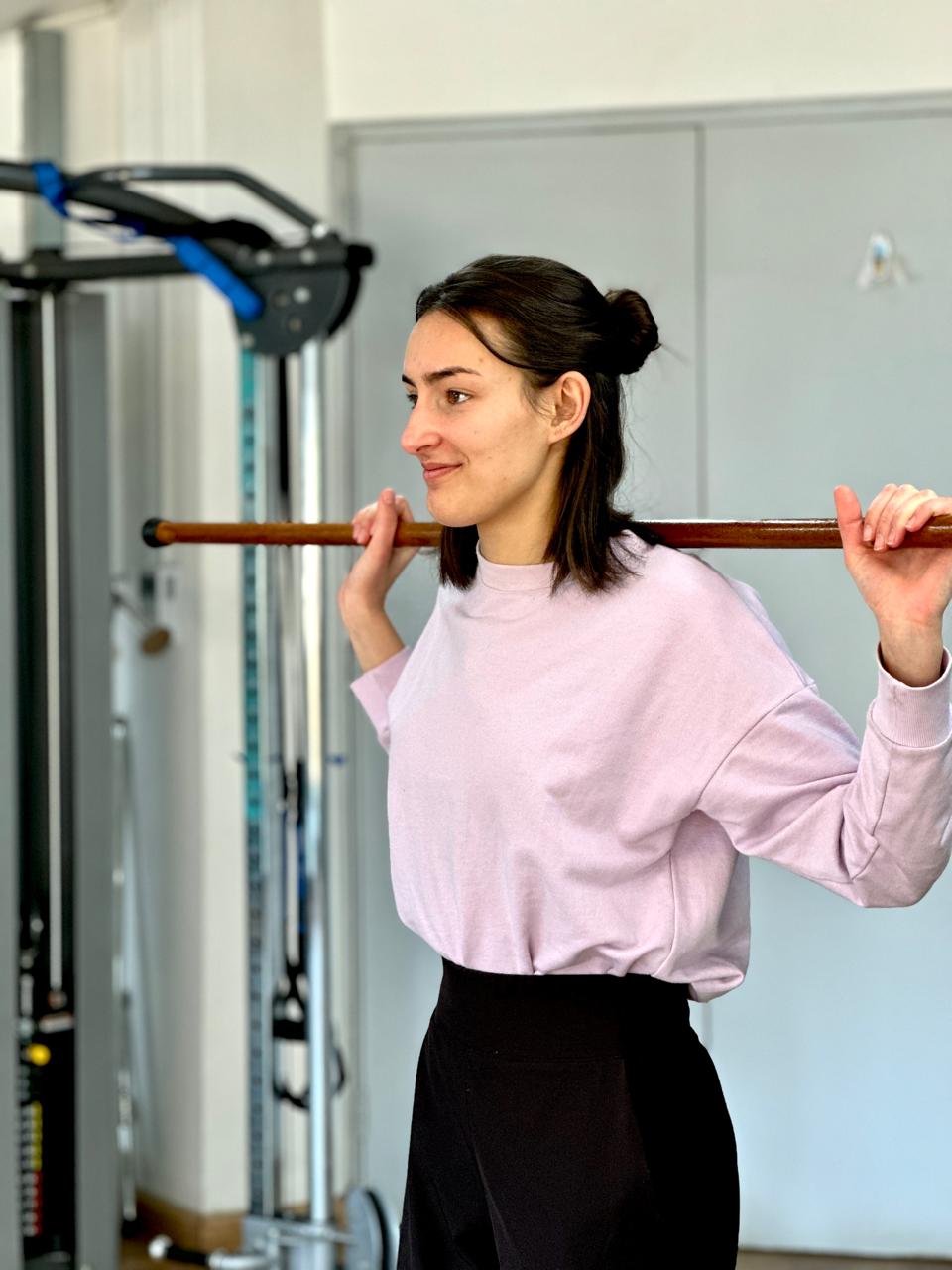
Do you ever find yourself low on energy or motivation and feeling rather burnt out? In today’s world it is rather hard to keep up with work and social demands which leads to most people resorting to caffeine, energy drinks or sugary snacks. Although this may be the quick but temporary solution, exercise is the best long term fix for this very common problem. Now this may seem counter-intuitive to what most believe in that exercise actually depletes your energy, countless studies have proven that exercise is actually a great source of vitality. To understand this we must take a look at the science behind how exercise replenishes and revitalizes a person leaving them feeling rather invigorated and ready to take on each day.

The Science behind it
Exercise is a trigger for a cascade of different physiological responses that lead to a long term increase in energy levels. Let’s explore some of these physiological responses further.
Cardiovascular benefits: Regular exercise improves cardiovascular health and endurance which increases overall stamina allowing one to perform everyday tasks with less fatigue and effort. Physical activity causes an increase in heart rate and therefore the flow of blood, oxygen and nutrients to demanding muscles and organs. The body adapts to this increase in demand and causes an increase in the efficiency of the body’s cardiovascular system even at rest. This also causes an increase in oxygen supply to the brain and promoting better focus, alertness and the overall feeling of having more energy in the day.
Boosted Endorphins: Exercise stimulates the release of neurotransmitters that boost your mood otherwise more commonly known as the “feel-good” hormone. This increase in endorphins reduces pain, anxiety and stress leaving you feeling good energized.
Mitochondrial Biogenesis: As most know the mitochondria is the powerhouse of the cell as it produces adenosine triphosphate (ATP) which is the primary source of energy in the cell. Regular physical activity has shown to stimulate mitochondrial biogenesis thus increasing the number and size of mitochondria within the cell. This increase in powerhouses enhances the rate of energy production providing the body with increased sustainable energy levels and vitality.
Cortisol Regulation: Stress is the main producer of cortisol however chronic stress and elevated levels of cortisol can leave you feeling fatigued and burnt out. Physical activity, specifically aerobic exercise such as running, swimming or cycling has shown to regulate cortisol levels and provides a healthy outlet of stress leaving the body feeling more energized.
Sleep Quality: Amore commonly known benefit of exercise is improved quality of sleep. This helps in restoring both physical and mental energy levels. An increase in exercise promotes relaxation, regulates sleep patterns, reduces insomnia and improves the overall quality of the sleep allowing you to wake up feeling energized and refreshed.
Mental Health and Focus: Physical exercise has positive effects on cognitive function and brain health by increasing blood flow to the brain and therefore stimulating the growth of new neurons. This growth leads to improved concentration, memory and mental clarity allowing for a sharper focus, alertness and increased productivity.

How to start?
Although starting exercise especially in a fatigued or burnt out state seems nearly impossible it is important to remember that even a small amount of exercise is enough to feel the difference in energy levels. Understanding and listening to your body is very important. Start gradually and allow yourself to slowly build up stamina until you find that the increase in energy levels makes exercise more enjoyable and rewarding. Embrace the power of exercise and allow your body and mind the energy it so desperately demands and deserves.
References:
7 great reasons why exercise matters (2023) Mayo Clinic. Available at:https://www.mayoclinic.org/healthy-lifestyle/fitness/in-depth/exercise/art-20048389#:~:text=Exercise%20boosts%20energy&text=Regular%20physical%20activity%20can%20improve,energy%20to%20tackle%20daily%20chores.(Accessed: 02 February 2024).
Carlo Varquez, M.S. (2022) Does exercise really boost your energy levels? if so, why?, Kb Fitness Solutions. Available at:https://kbfitnesssolutions.com/2022/12/does-exercise-really-boost-your-energy-levels-if-so-why/(Accessed: 02 February 2024).
Cooper, J. (2020) Person Holing yellow and back can, Unsplash. Available at:https://unsplash.com/photos/person-holding-yellow-and-black-can-hf32FuKqAoc(Accessed: 02 February 2024).
Kurrasch, F. (2015) Person riding on bicycle on road, Unsplash. Available at:https://unsplash.com/photos/person-riding-on-bicycle-on-road-nCj0zBLIaAk(Accessed: 02 February 2024).
Rapaport, L. et al. (2023) Why exercise boosts mood and Energy, EverydayHealth.com. Available at:https://www.everydayhealth.com/fitness/workouts/boost-your-energy-level-with-exercise.aspx(Accessed: 02 February 2024).
Semeco, A. (2023) Exercise: The top 10 benefits of regular physical activity, Healthline. Available at: https://www.healthline.com/nutrition/10-benefits-of-exercise(Accessed: 02 February 2024).
Tingey, W. (2019) Woman doing yoga near rock during daytime, Unsplash. Available at:https://unsplash.com/photos/woman-doing-yoga-near-rock-during-daytime-dlxNvA7pVwU(Accessed: 02 February 2024).
Toni Golen, M. and Hope Ricciotti, M. (2021) Does exercise really boost energy levels?, Harvard Health. Available at:https://www.health.harvard.edu/exercise-and-fitness/does-exercise-really-boost-energy-levels(Accessed: 02 February 2024).
Tran, T. (2019) Man Sitting on surface , Unsplash. Available at: https://unsplash.com/photos/man-sitting-on-surface-F8sCVSW4t4E (Accessed:02 February 2024).
Williams, M. (2024) How exercise impacts energy levels, Newell Strength. Available at: https://www.nolimitsfitnessfl.com/how-exercise-impacts-energy-levels(Accessed: 02 February 2024).









.jpg)








.png)